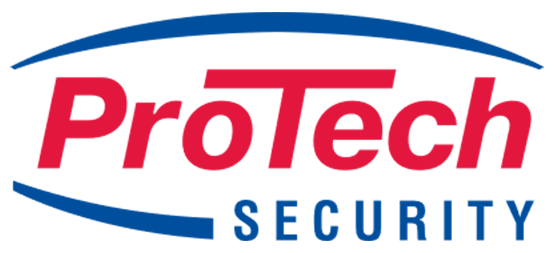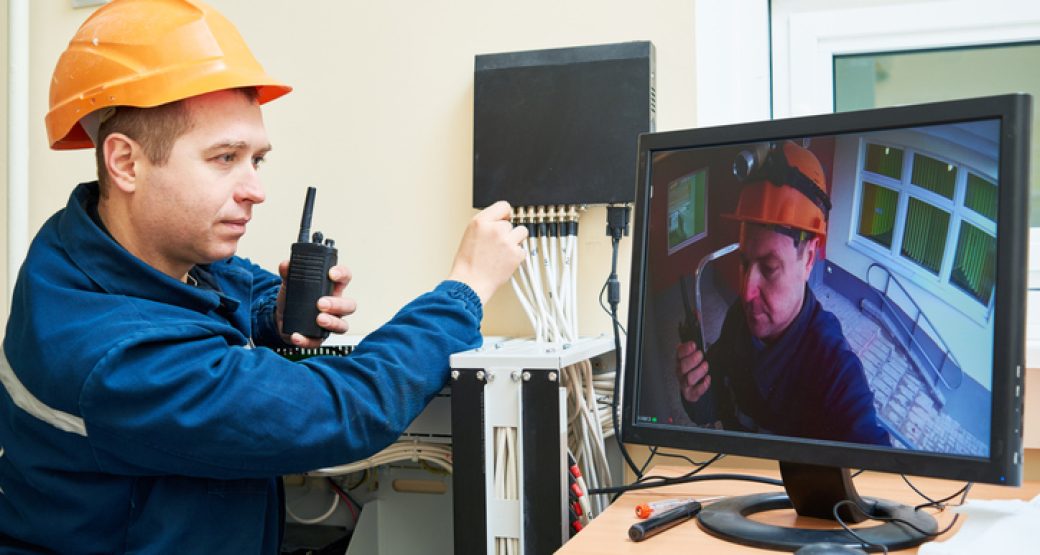Why Proactive Care Is Critical for Your Security Investment
That security system protecting your business right now? It might be silently failing. Every day, organizations unknowingly operate with compromised surveillance feeds, malfunctioning access controls, and detection systems that won’t trigger during emergencies. The harsh reality is that security technology doesn’t maintain itself — and failure rarely announces itself until the moment you need protection most. A well-designed security system maintenance plan doesn’t just prevent these invisible failures; it extends equipment life, optimizes performance, and ensures your security investment continues to deliver maximum value year after year.
Security You Can Count On: ProTech Security has a 45-year history as a premier custom security integrator. Learn more about us in this video.
The Hidden Costs of Neglected Security Systems
When security systems aren’t regularly maintained, the consequences extend far beyond occasional glitches. Cameras with deteriorating image quality might fail to capture crucial details during security incidents. Access control systems with outdated firmware become vulnerable to new exploitation methods. Fire detection systems with undiagnosed sensor issues could fail to alert during emergencies.
These failures don’t just compromise security — they can lead to significant financial impacts through:
- Property losses from preventable security breaches
- Emergency repair costs (typically 3-5x higher than scheduled maintenance)
- Premature system replacement expenses
- Potential liability from security failures
- Increased insurance premiums following incidents
Most importantly, maintenance neglect creates a false sense of security. Business owners believe they’re protected when, in reality, their systems may be operating at diminished capacity or, worse, not functioning at all in critical areas.
Essential Components of a Security System Maintenance Plan
Regular Health Assessments
Just as your vehicle needs routine checkups, your security system requires regular professional evaluations. These assessments should include thorough inspections of all physical components, connectivity testing, and performance analyses to identify emerging issues before they escalate into critical failures.
Software and Firmware Updates
For the digital and integrated security systems of today, keeping software current is as important as maintaining hardware. Regular updates patch vulnerabilities, improve performance, and ensure compatibility with other systems. This is particularly crucial for hybrid security deployments that combine on-site, cloud, and edge technologies.
Component Lifecycle Management
Every security component has an expected service life. Professional maintenance plans should track installation dates, monitor performance metrics, and schedule proactive replacements before components reach failure points. This prevents unexpected outages and allows for budgeted, planned upgrades rather than emergency replacements.
Documentation and Compliance Verification
Proper documentation isn’t just good practice — it’s often required for compliance with industry regulations and insurance requirements. A professional maintenance plan includes thorough record-keeping of all inspections, repairs, and updates, ensuring you can demonstrate due diligence if questions arise following a security incident.
Tailoring Maintenance to Your Environment
Effective maintenance isn’t one-size-fits-all. The requirements vary significantly based on your facility type, security objectives, and environmental factors:
- High-traffic commercial environments typically require more frequent camera and access control maintenance due to increased wear and tear.
- Educational facilities often need specialized scheduling that works around academic calendars and student presence.
- Construction settings may require ruggedized components and more frequent cleaning due to environmental contaminants.
- Government facilities typically have stricter compliance requirements and documentation standards.
These variations highlight why working with an experienced security integrator is crucial for developing appropriate maintenance protocols.
The ProTech Approach: Proactive Protection
At ProTech Security, our maintenance philosophy centers on prevention rather than reaction. Our approach includes:
- Health Check services to evaluate your current system status
- Customized maintenance schedules based on your specific equipment and environment
- Proactive system health monitoring to identify potential issues before failures occur
- Detailed documentation that meets compliance requirements across sectors
- Emergency response protocols for unexpected issues
With more than four decades of experience serving businesses, schools, and government facilities across Northeast Ohio and Central Florida, we’ve refined maintenance practices that maximize system reliability while minimizing disruptions to your operations.
Investing in Reliability
Remember that security system maintenance isn’t just another business expense — it’s an investment in the continued protection of your people, property, and operations. When properly maintained, today’s advanced security systems can provide years of reliable service and adapt to evolving security challenges.
Ready to ensure your security systems are functioning at their best? Contact our team today for a security system health assessment and consultation about developing a maintenance plan tailored to your needs.



